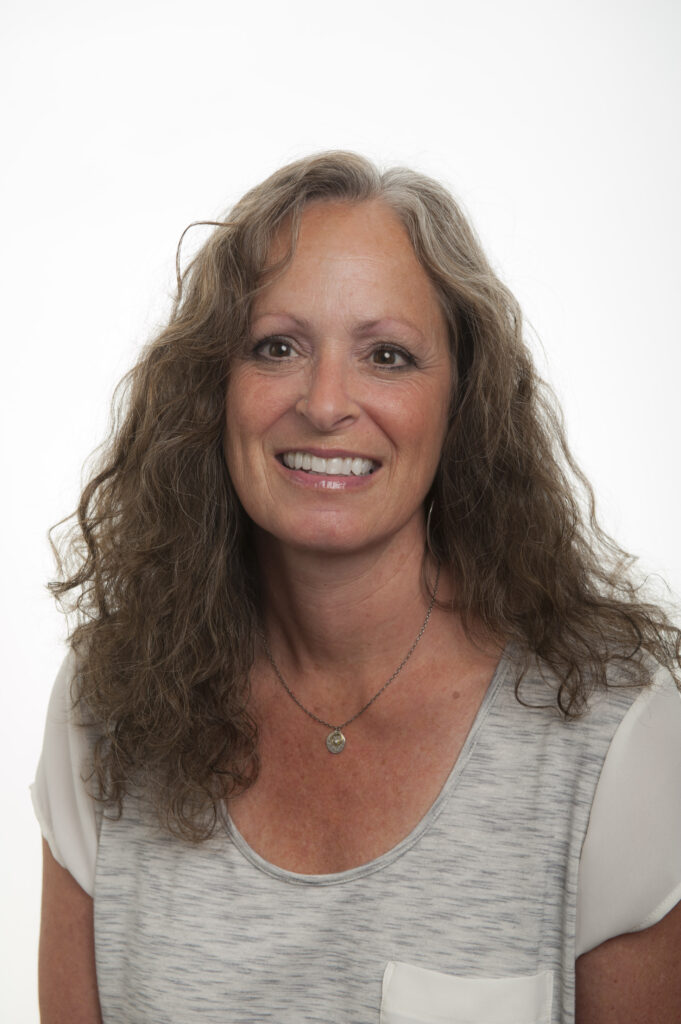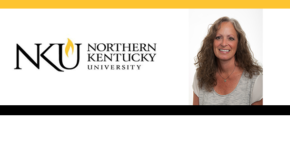 On Northern Kentucky University Week: Encouraging students with disabilities to feel included leads to a better society.
On Northern Kentucky University Week: Encouraging students with disabilities to feel included leads to a better society.
Melissa Jones, professor of special education, determines how campuses can foster inclusion.
Dr. Jones joined Northern Kentucky in 2001 after fourteen years in the field of special education. She founded the Supported Higher Education Project at Northern Kentucky University in 2007 to provide inclusive postsecondary learning opportunities for young adults with an intellectual disability and has a passion for building inclusive communities and fostering student empowerment.
Building Inclusive Communities Through Peer Mentoring
Inclusion isn’t a place, but a belief that everyone has something to contribute. True inclusion involves purposeful action to assure that no one is left out.
Too often in the disability arena, we send messages to folks that they are not valued because of some perceived difference or disability.
We can send those messages by our actions by excluding people from opportunities, from engagement, and even from being present or part of the conversation.
We shun what we don’t understand. As the scholar and social activist Mara Sapon-Shevin wrote, “Exclusion is our response to difference.”
To combat this, colleges and universities across the country have been modeling ways to meaningfully include young adults with intellectual disabilities on their campuses.
At NKU, we established the Supported Higher Education Project. Students who would not otherwise have access to college, learn, mature, and become more independent alongside peers without disability.
Our students are 100 percent supported by volunteer peer mentoring partners. Through a qualitative research study, we discovered the peer mentors gain as much if not more from mentoring as their partners with disability.
By analyzing 344 reflections written by 85 peer mentors over ten years, we learned peer mentors gained professional skills and intrapersonal awareness and broadened their friendship networks. Most importantly, they began challenging society’s notions of disability as “broken.”
This research highlights a shift in understanding about the abilities of people with disability labels, and hints at a potential to change societal views by increasing efforts to create opportunities for meaningful inclusion.
The more positive interactions had across individual difference, the more we will be able to consider possibilities over fear and begin recognizing strengths and contributions over perceived deficits and differences.
Not only do people with disabilities benefit, but the ramifications to benefit society as a whole are significant.
Read More:
[Northern Kentucky University] – SUPPORTED HIGHER EDUCATION PROJECT (SHEP)

Comments
7 responses to “Melissa Jones, Northern Kentucky University – Building Inclusive Communities Through Peer Mentoring”